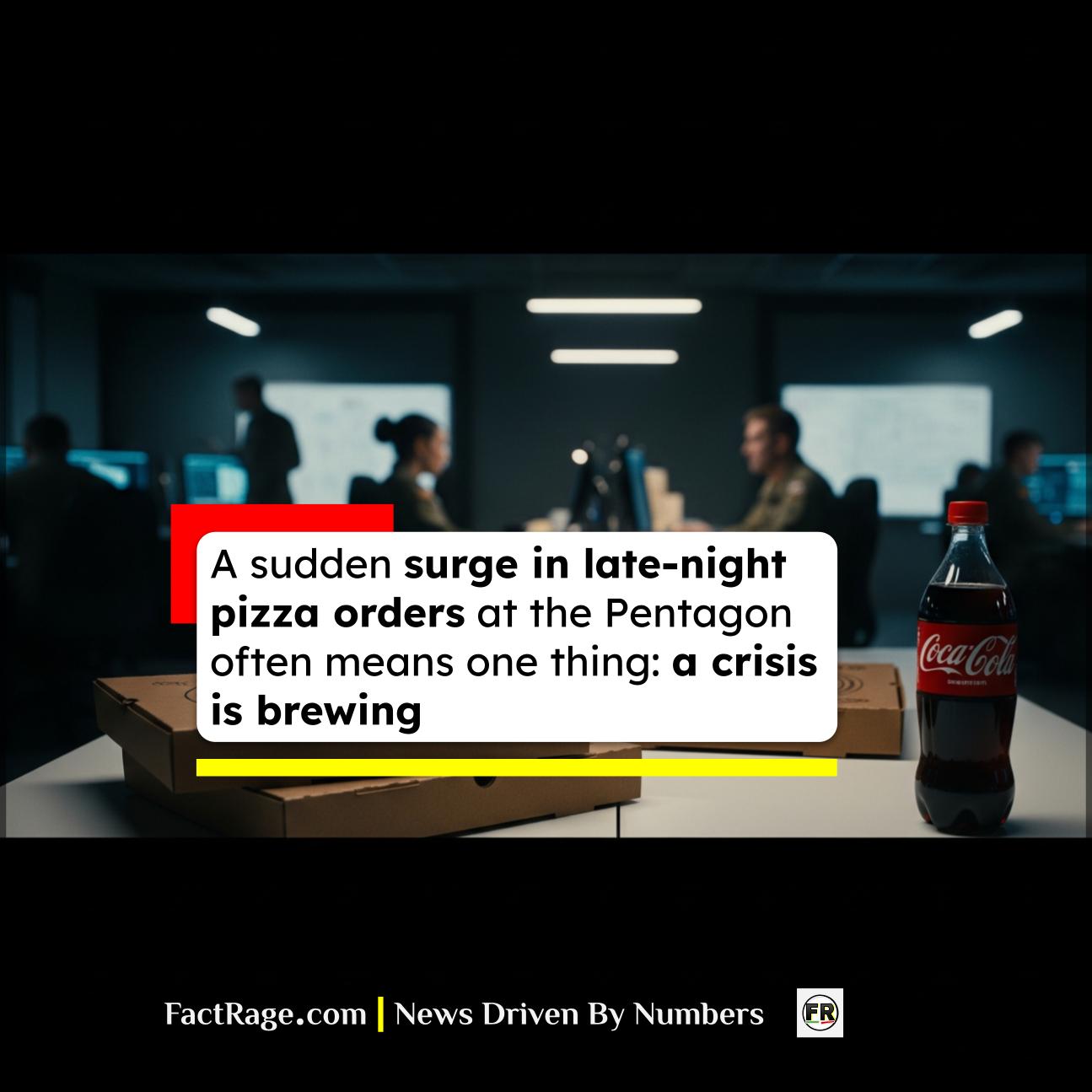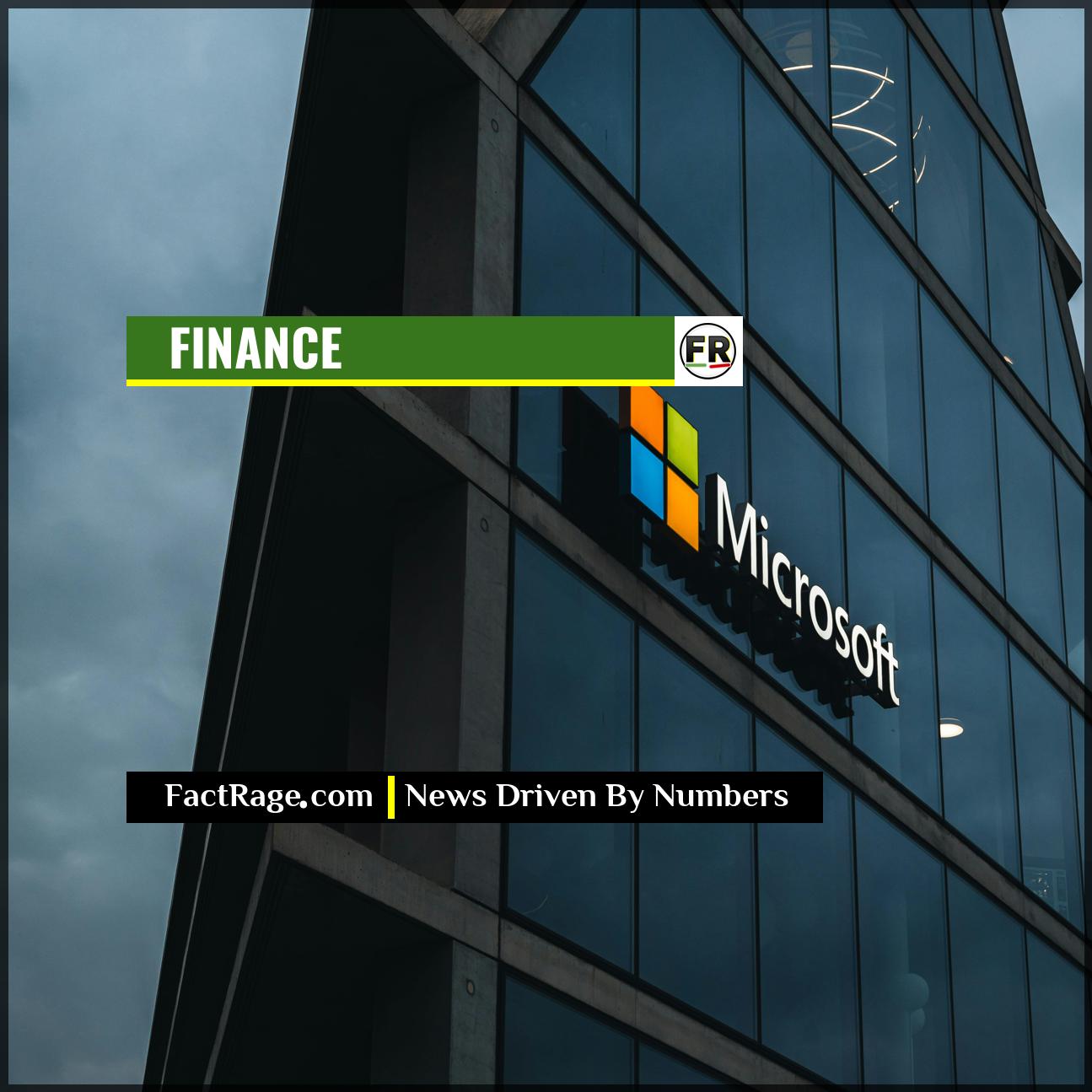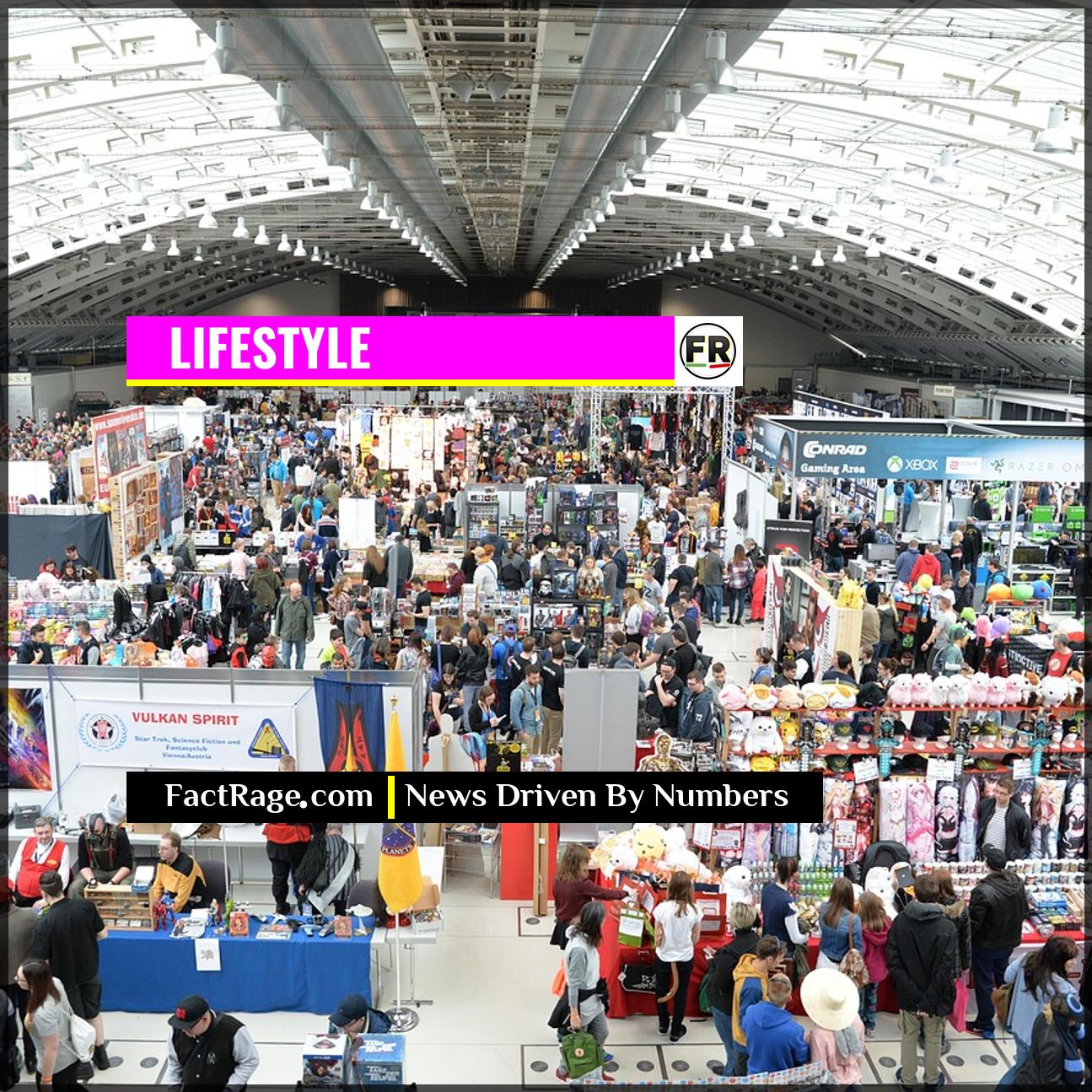- Stagflation Fears Rise: The Fed is increasingly concerned about the potential for “stagflation” – rising prices coupled with slowing economic growth and potential job losses.
- Trade War Impact: Ongoing trade disputes are a major factor, threatening to drive up consumer costs and create economic uncertainty.
- Direct Impact on Americans: This translates to potential higher prices for everyday goods and increased risk of unemployment, directly affecting American families.
While political headlines scream about trade wars and presidential pronouncements, Federal Reserve Chair Jerome Powell delivered a stark warning this week that could directly impact your wallet and job security. Forget the political noise for a moment; the real concern is ‘stagflation’ – a toxic mix of rising prices and potential job losses.
Powell’s statements following the Fed’s latest meeting revealed a growing anxiety about the U.S. economy. He signaled that the Fed is increasingly worried about the twin threats of persistent inflation and rising unemployment, a dangerous combination that hasn’t been seen since the 1970s.
The Fed’s concern stems from the ongoing trade disputes, which threaten to drive up the cost of everyday goods while simultaneously slowing economic growth. This means you could be paying more for groceries and gas, all while facing a greater risk of losing your job.
‘We are attentive to the risks… of higher unemployment’ Powell stated, directly addressing the core worry of many Americans. He also mentioned that the fed is watching inflation closely.
Essentially, the Fed is signaling that the economic consequences of the current political climate could soon hit Main Street hard. While the political drama plays out, Americans should be aware that the real-world impact on their finances could be significant.
Is your family prepared for higher prices and potential job insecurity? That’s the question many are now asking.














